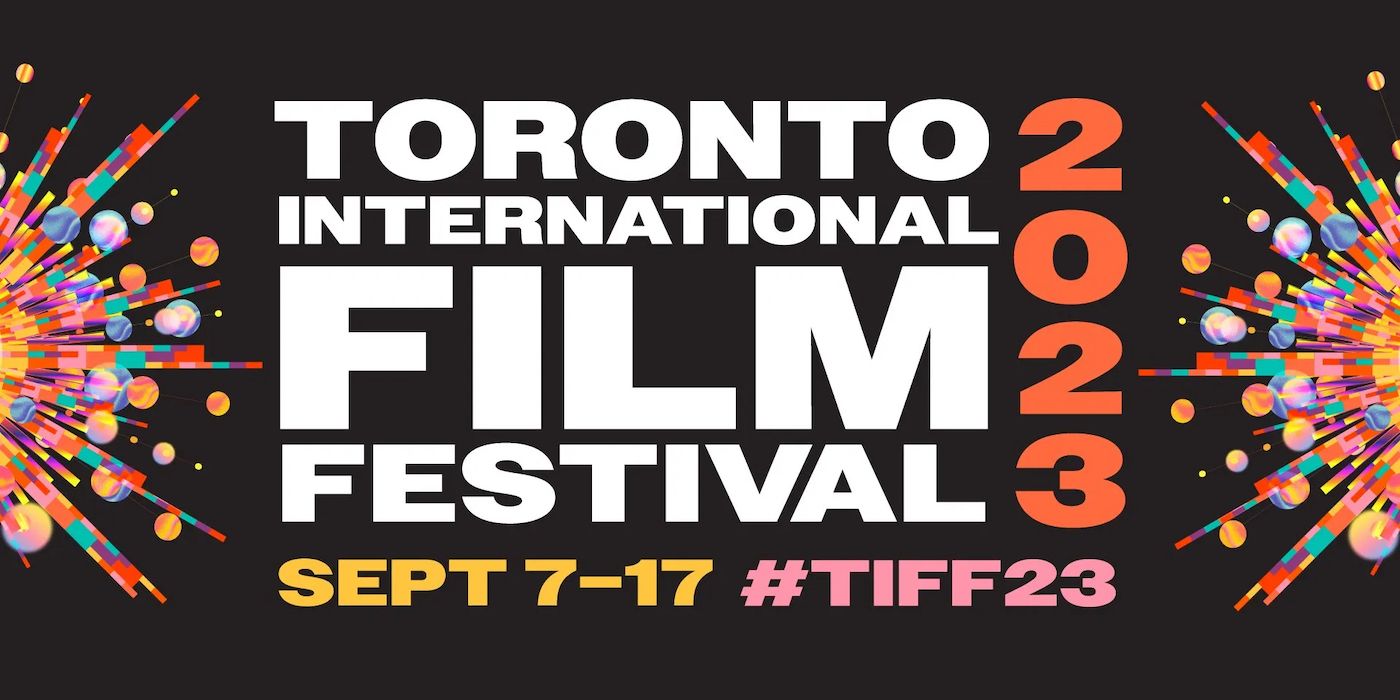The Movie Teller is not a love letter to cinema like the movies about movies that precede it—it is a love letter to the community that grows from the seeds of storytelling. Based on Chilean author Hernán Rivera Letelier’s novel La Contadora de Películas, it is a sweeping, decades-spanning tale about the enduring spirit of humanity, as told by the film’s titular “Movie Teller” María Margarita.
At times, Walter Salles, Isabel Coixet, and Rafa Russo’s screenplay feels meandering as it weaves its way through María’s childhood and early adulthood. It flits and falters with its potential, at times, slipping through the cracks like the fine salt and sand that coats every surface in the barren wasteland of Chile’s Atacama Desert. This potential weakness, however, is an advantage for The Movie Teller’s core thesis. It gives it an edge of authenticity that helps it to flourish. Life is not like a film—it is unpolished and imperfect. Life often becomes more compelling in the final act, right when we’re unprepared for it to end.
For the small salt mining community at the heart of The Movie Teller, their local cinema becomes their most sacred space. It’s there, in the packed theater, that the community comes together every Sunday for a few hours of escapism—an experience that is still just as special today as it was in 1966. Through the films they watch, the community is transported to faraway places, where days aren’t filled with unending hard labor in the salt mines, and the people are unbothered by the slow-turning wheels of political turmoil and free to follow their lofty dreams. Movies take on a much larger life for each character in The Movie Teller, but it’s María Margarita who is the most transformed by them. For María, movies become her second language—one that only she is truly fluent in within her community, and even her family. If the community is the saplings that grow from the seeds of storytelling, then María is a gardener who carefully nourishes that communal spirit, encouraging it to grow and thrive even under oppressive circumstances.
‘The Movie Teller’ Is About More Than Just Movies
The film explores María Margarita’s life in two phases: first as the bright-eyed youngest daughter (Alondra Valenzuela) of a salt miner, who is thick as thieves with her older brothers, and hungry for the kinds of adventure and drama she sees in films, and later as a blossoming young woman (Sara Becker) that life’s hardships have shaped into her family’s main breadwinner. As hopes for a better, brighter future begin to die, so too does the local cinema. But Maria keeps the spirit of film alive for her community, clinging to it like a lifeline to a kinder world.
Lone Scherfig’s direction beautifully collides with the imperfect world María lives in, and she carefully crafts each scene with her starry-eyed optimism in mind. Even the rawest, ugliest parts of María’s life become romanticized but never sensationalized. Scherfig pulls from the movies that María watches—never overtly, but subtly—to help contextualize each new tragedy that visits. In the hands of any other director, María’s tragedies may have been exploited for shock value, but Scherfig allows the actresses to convey what happens off-screen. In a sense, this tactic mirrors María’s role as a “movie teller.” Audiences do not need to see the bloody aftermath of her father’s life-altering injury, not when intercut scenes of María’s terror-filled eyes watching the horrors of trench warfare can convey the same meaning.
This styling becomes even more profound in the second act of The Movie Teller, when the town’s lecher sexually assaults María. Scherfig doesn’t force the audience to witness it, but she allows the script to tell us about the aftermath. With haunted eyes, Becker takes the stage in front of her community and relays what happened to her under the guise of reenacting a film for them. It is a stunning display of feminine rage and one that explores the act of reclaiming trauma through art.
There is a strange sort of elegance threaded through all of María’s relationships, both intimate and familial, which is born from her dreamy, storyteller’s gaze. It allows her to cope with reality and explore it within the safe confines of the silver screen. Men often take center stage in movies about movies, but The Movie Teller is solely rooted in the feminine experience—the good, the bad, and the ugly. The most complex relationship in María’s life is the one she shares with her mother, María Magnolia (Bérénice Bejo). Despite the choices that María Magnolia makes after Medardo (Antonio de la Torre Martín) is forced out of work because of his injuries, The Movie Teller never paints her as a bad woman, just a desperate one. Her dreams were stifled by marriage and motherhood—something that many women can sympathize with—and it is something that María Margarita grows to understand as she becomes a desperate woman too.
Politics and History Influence ‘The Movie Teller’
With the political turmoil of the rise and fall of socialist leader Salvador Allende playing out in the background of The Movie Teller, it’s fascinating to see how the film subtly explores the concept of “the compulsion to repeat,” which was one of many ideas that Karl Marx, Sigmund Freud, and Friedrich Nietzsche explored. Before María Magnolia slips out of her daughter’s life, she asks her to promise that she won’t repeat the same choices she made. María Margarita refuses to make the promise, and by doing so, condemns herself to follow in her mother’s footsteps. For example, this is most pointedly shown through María Margarita’s affair with Hauser (Daniel Brühl), who might’ve had an affair with her mother as well.
Hauser is a means to an end for both women—an act of escapism, just like a movie. For María Magnolia his generosity helped pave the road to her freedom, and for María Margarita, he is simply a tool to allow her to finally feel in control of her own destiny. The Movie Teller is cautious in navigating through both relationships, never painting them as torrid affairs or romances, they simply are what they are. Hauser is a character that exists at the periphery of María Margarita’s life, weaving in and out as she grows up. He is neither an antagonist nor a protagonist, which is a role that doesn’t afford the character much depth or nuance. Brühl elevates the character through his physical performance—which is a language not dissimilar from the one at the heart of the film. Hauser tries to do right by María’s family, even when he has no real reason to, and it is Brühl’s acting choices that allow the audience to read between the lines and find depth where there is little.
In the same way that the actors bring added context through little touches and passing glances, Scherfig utilizes a plethora of visual callbacks and allusions to set the tone and drive the narrative at play. When María embarks on her affair with Hauser she changes her wardrobe. She looks more like her mother than ever before in her perfectly pressed skirt and blouse, but she also looks like the heroine of The Umbrellas of Cherbourg, with a blue chiffon scarf tied around her throat. It’s a joy for movie lovers to see the subtle ways the film weaves the themes and visuals of iconic films into the fibers of its own scenes.
The Movie Teller is a beautiful and moving look into how cinema can bring a community together and how art can help to heal broken hearts. There is so much unsaid between the characters, and yet the unspoken words are understood by the audience because we all speak the same language. It is the language of movies, a language that we—like María—have internalized and passed on through the stories we tell. In Valenzuela and Becker, the film has one incredible lead who embodies the everlasting endurance of the human spirit. The simplicity and imperfect realism of The Movie Teller will stick with its audience, planting seeds that flourish into impossible gardens in salt-laden deserts.
Grade: B+
The Big Picture
- The Movie Teller is a love letter to the community that grows from storytelling, rather than a love letter to cinema like other movies about movies.
- The film’s meandering screenplay actually adds to its authenticity and gives it an edge, portraying life as unpolished and imperfect.
- The movie explores the transformative power of film for a small salt mining community, with the protagonist María Margarita becoming fluent in the language of movies and using them to nourish a communal spirit.
The Movie Teller had its world premiere at the 2023 Toronto International Film Festival.





